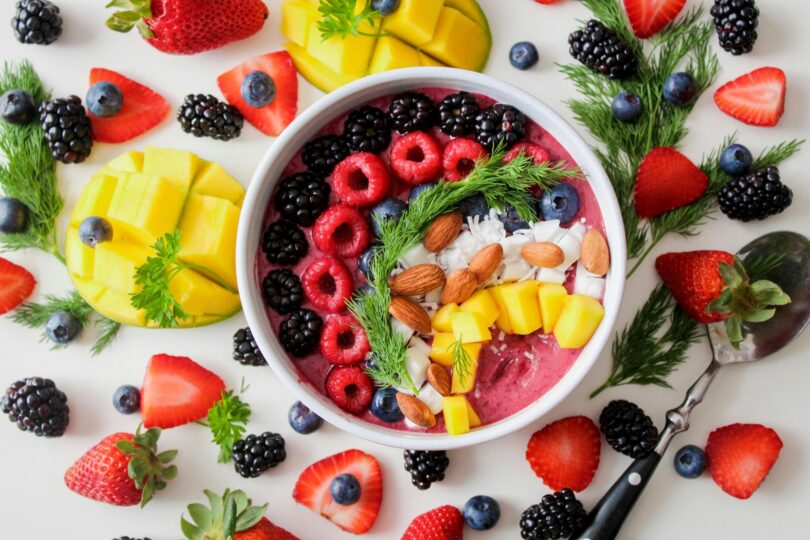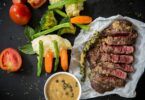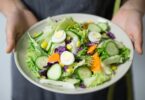Most people can name their favorite food without hesitation. That’s because humans are wired to derive joy from eating. Beyond fueling the body, food plays a crucial role in emotional well-being, digestion, and overall health.
Embracing food enjoyment—what we might call “Vitamin P” (Pleasure)—is not only satisfying but also beneficial. From improving digestion to fostering a healthier relationship with food, pleasure should be an essential ingredient in your diet.
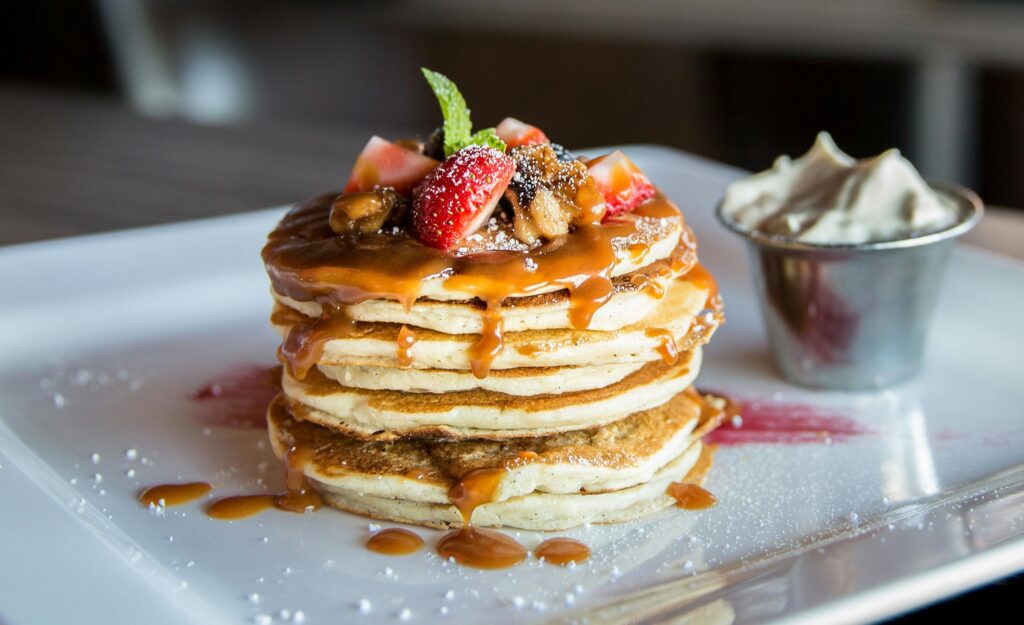
The Science of Eating for Pleasure
For years, researchers have explored the link between food enjoyment and well-being. Their findings suggest that experiencing pleasure while eating is not only natural but also physiologically beneficial.
The Role of Dopamine in Food Enjoyment
When we eat something delicious, our brain releases dopamine, often called the “feel-good hormone.” This activates the brain’s reward system, promoting feelings of happiness, relaxation, and motivation.
“Pleasure from food leads to a dopamine release, which helps with calmness, focus, and satisfaction,” explains Aleta Storch, RDN, MHC, a therapist and dietitian at Wise Heart Nutrition and Wellness.
Interestingly, a 2011 study found that people with obesity may have altered dopamine sensitivity, leading them to overeat to experience the same pleasure as others. This highlights the importance of mindful food enjoyment, as true satisfaction can help regulate eating behaviors.
How Enjoying Food Improves Digestion
Relaxing and savoring your meals can enhance digestion.
“When we enjoy our food, our nervous system enters ‘rest and digest’ mode, allowing us to fully break down and absorb nutrients,” says Storch.
A 2020 systematic review of 119 studies found that food pleasure and healthy eating habits are closely linked. Those who derived more enjoyment from food were more likely to consume nutritious meals.
A 2015 study further found that greater eating pleasure was associated with higher nutritional status. In short, relishing what you eat can lead to better food choices and overall health.
The Emotional Nourishment of Food
Food is more than fuel—it’s a way to connect with others, honor traditions, and find comfort. The emotional aspect of eating is just as important as the physical one.
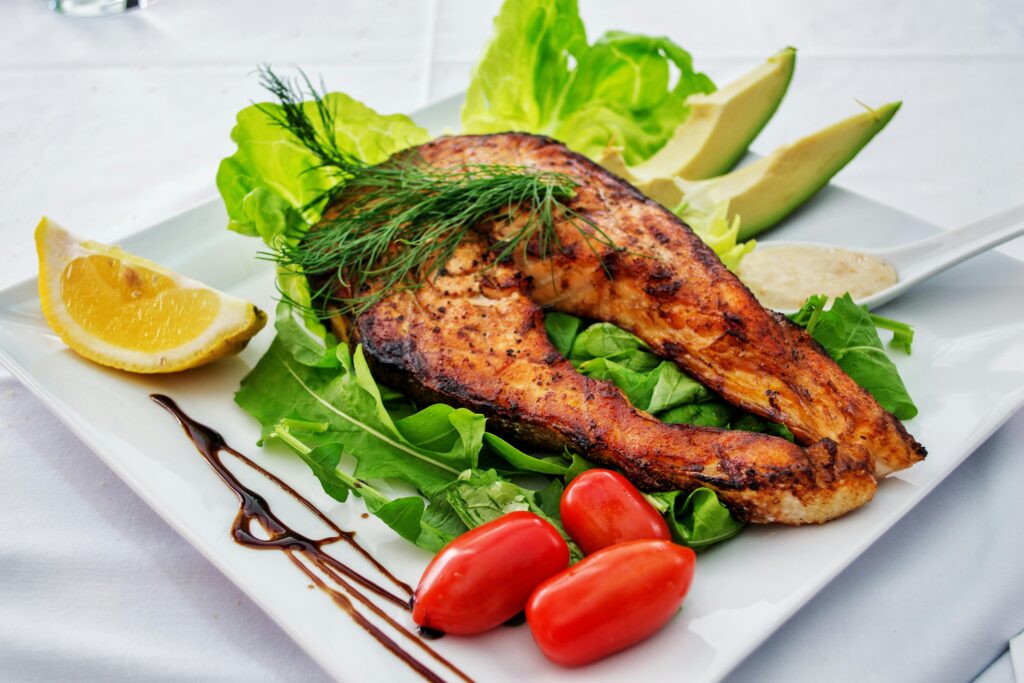
Food Strengthens Social Bonds
Mealtime is often a communal experience. A 2015 study on Thai social communities found that eating with others increases happiness and emotional well-being.
Gathering around the table, sharing meals, and enjoying food together fosters deeper relationships and creates lasting memories.
Comfort Foods Offer Emotional Support
Certain foods—like a warm bowl of soup on a sick day or a beloved childhood dish—can provide a sense of comfort.
“Food can offer comfort at the end of a stressful day, and that’s not necessarily a bad thing,” says dietitian Sarah Gold Anzlovar, MS, RDN, LDN. “If we connect with the food and truly enjoy it, there are real benefits.
Rejecting Diet Culture and Food Guilt
Many diet trends encourage people to avoid foods they love, especially those labeled as “unhealthy.” However, giving yourself permission to enjoy all foods—without guilt—can foster a healthier relationship with eating.
“When we remove restrictions, the body learns to trust that it will get what it needs,” says Storch. “This creates peace, confidence, and freedom around food.
Food as a Cultural Connection
Food is deeply tied to culture, tradition, and identity. Research shows that a sense of belonging is vital to mental health, and food plays a role in fostering that connection.
Restricting cultural foods can lead to feelings of disconnection. “By omitting cultural dishes, we’re not just rejecting the food—we’re rejecting part of our identity,” explains Storch.
Embracing the foods that connect you to your heritage can enhance emotional well-being and strengthen your sense of belonging.
Eating for Pleasure vs. Emotional Eating
While eating for pleasure is beneficial, emotional eating—using food to cope with stress or sadness—can create an unhealthy cycle.
What’s the difference?
- Emotional eating is driven by emotions rather than hunger. It often leads to mindless consumption and feelings of guilt afterward.
- Eating for pleasure is intentional and connected. It’s about savoring food for its taste, texture, and experience—like enjoying a special meal on vacation or indulging in a seasonal treat.
A key way to tell the difference: How do you feel afterward?
Mindfully enjoying food should leave you feeling satisfied, not guilty.
How to Enhance Food Pleasure Without Overeating

Want to make mealtimes more enjoyable? Start small.
“When preparing a meal, see if you can make it even 10% more enjoyable,” suggests Storch.
Here are some simple ways to boost satisfaction:
- Experiment with flavors – Add herbs, spices, or a drizzle of olive oil to enhance taste.
- Improve presentation – Arrange food attractively on a plate to make it visually appealing.
- Engage all senses – Appreciate the aroma, texture, and color before taking a bite.
- Slow down – Take smaller bites and chew thoroughly to fully experience the flavors.
- Eat without distractions – Put away screens and focus on the meal.
Lastly, after eating, reflect on how the meal made you feel. Identifying which foods bring you joy can help guide future choices for a more satisfying diet.
Final Thoughts: Savor Every Bite
Eating for pleasure isn’t just about indulgence—it’s about nourishment, connection, and well-being. Food should be enjoyed, not feared.
By embracing the joy of eating, you can enhance digestion, improve dietary habits, and cultivate a healthier relationship with food.
So go ahead—take a bite, savor the flavors, and appreciate the experience. After all, Vitamin P (Pleasure) might just be the missing ingredient in your diet.
Review Score
-
Performance
-
Design
-
Flexibility
-
Durability
Summary
Most people can name their favorite food without hesitation. That’s because humans are wired to derive joy from eating.


